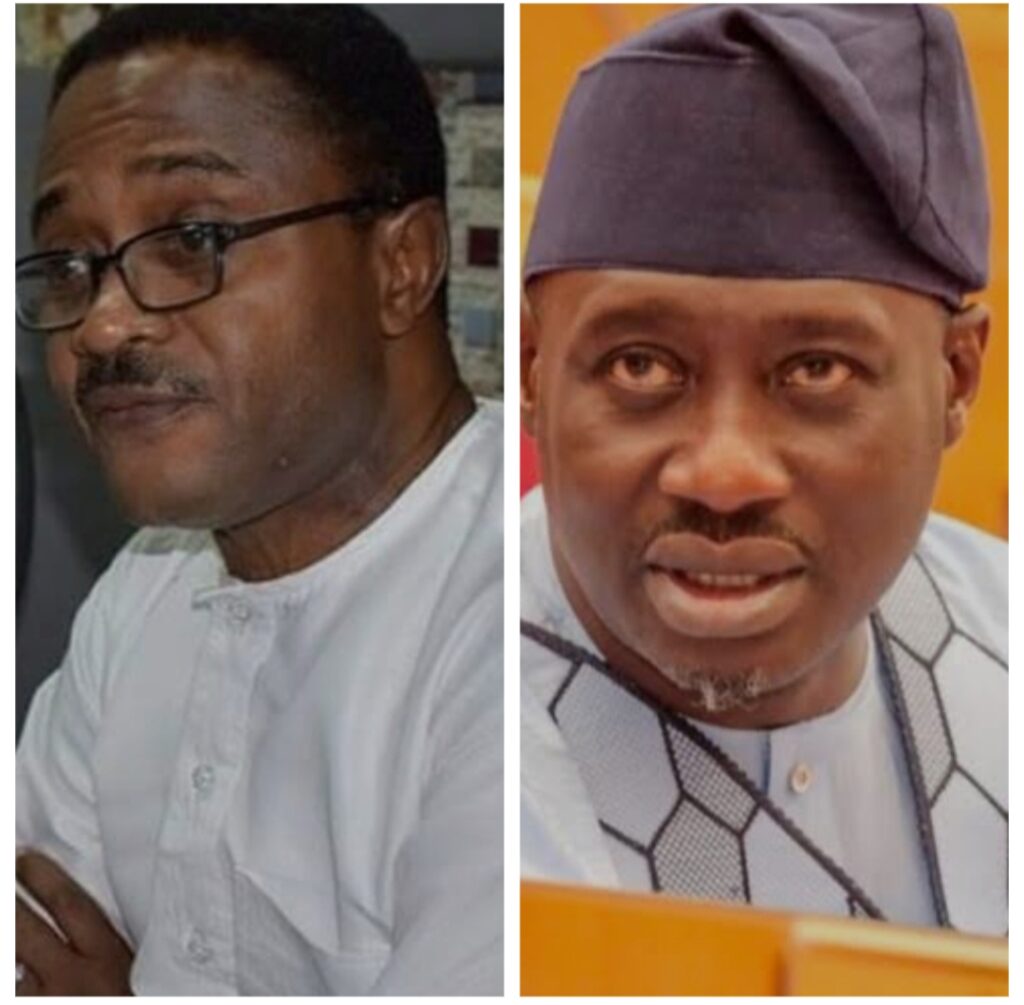
The crisis within the Cross River State People’s Democratic Party (PDP) presents a significant political challenge for the state, raising concerns about the absence of a united and effective opposition. This internal turmoil comes at a time when the judiciary, widely seen as compromised by the ruling elites, has stifled the democratic aspirations of opposition parties. The judiciary’s role in destabilizing both the PDP and the Labour Party further reiterates the perilous state of Nigeria’s democracy, particularly in the aftermath of a contentious 2023 presidential election that remains mired in opacity and alleged compromise by the Independent National Electoral Commission (INEC).
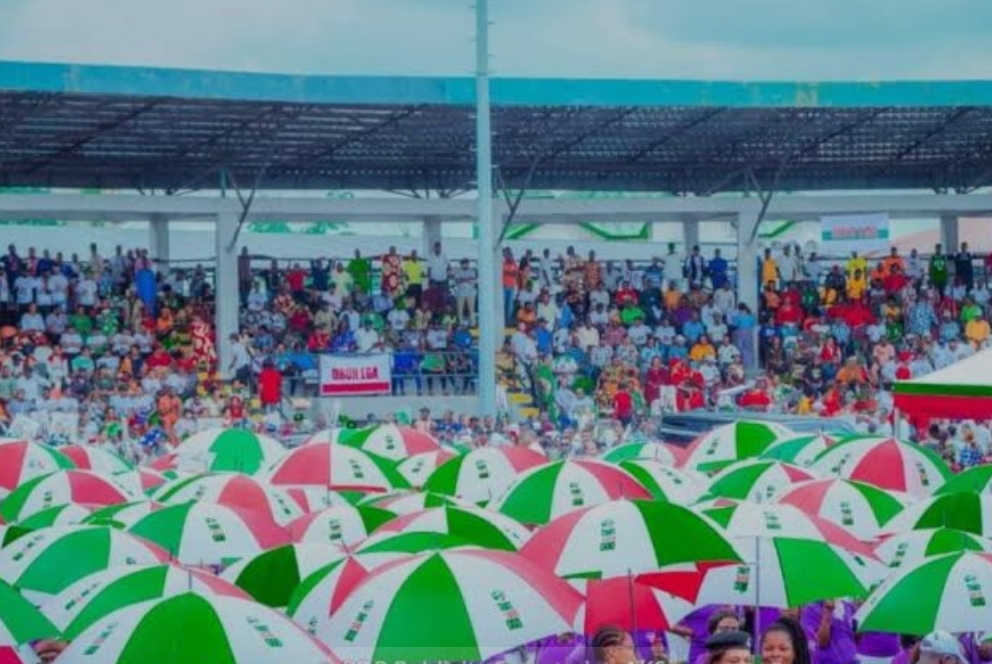
The unfolding conflict pits formidable personalities against each other. The party leader, known for his resilience and tactical acumen, faces an embattled State Chairman who has a reputation for confrontational politics, a man who launches his missiles without keeping some arsenals for tomorrow’s defence. This clash of titans comes at a time when the PDP should be consolidating its position as a viable alternative to the ruling All Progressives Congress (APC). The timing of this conflict is detrimental, threatening to erode the gains made in the 2023 elections, where strategic missteps by the APC and its candidates inadvertently bolstered the PDP’s performance.
Missed Opportunities and Strategic Missteps
The PDP’s survival in the 2023 elections owed more to the weaknesses of its opponents than its own strengths. The party benefited from lackluster governance by the outgoing APC governor, whose failures alienated voters and undermined the APC’s prospects. Despite these fortunate circumstances, the PDP has failed to capitalize on its momentum, instead plunging into a destructive internal power struggle. This crisis jeopardizes the party’s ability to mount a credible challenge in the 2027 elections, particularly as it cannot rely on the same fortuitous circumstances to secure victory.
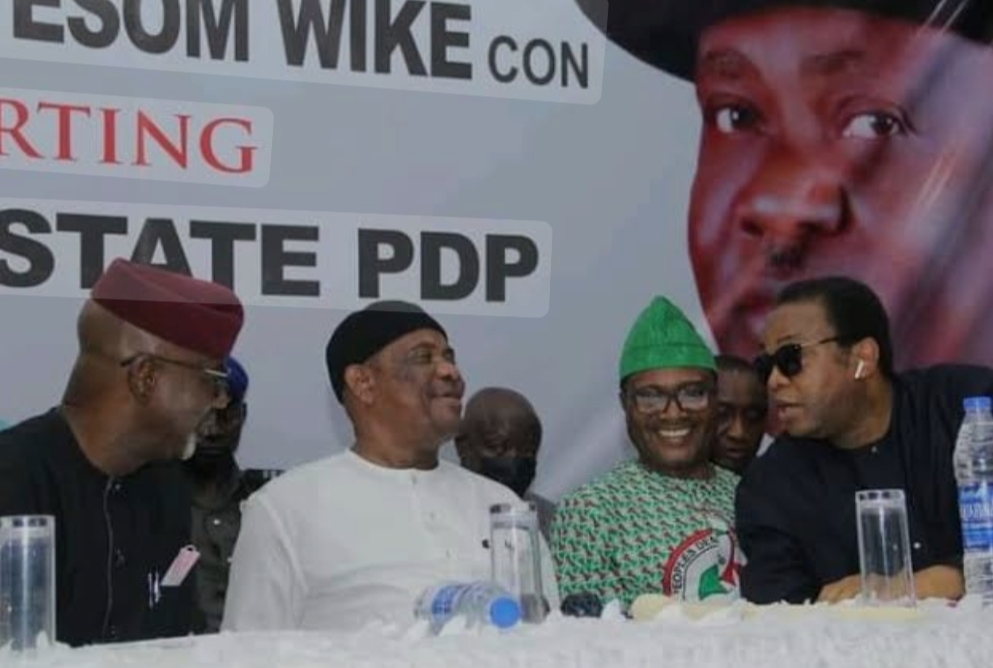
The Need for Strategic Opposition
At a time when the ruling APC is grappling with an ailing economy and widespread public discontent, the PDP has an opportunity to position itself as a credible alternative. However, this requires a united front and a leadership capable of managing the delicate balance of internal party dynamics while addressing the broader challenges of economic and political disenfranchisement. The PDP must focus on strengthening its internal democracy, fostering cohesion, and aligning with civil society groups to advocate for electoral and judicial reforms.
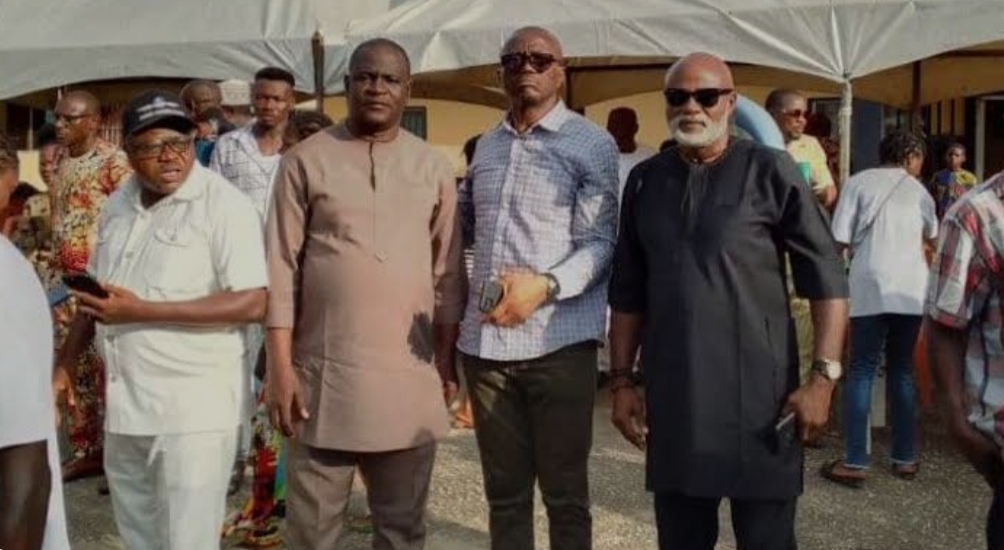
The Role of Leadership and Solidarity
The leader of the Cross River PDP must rise above factional interests and focus on building a resilient party structure that can withstand the pressures of political exclusion and defection. Leadership in this context demands more than charisma; it requires strategic vision, inclusivity, and a commitment to the ideals of democracy. The PDP’s sustainability hinges on hope and solidarity, not on short-term political gains or alliances with a government that has shown little regard for democratic processes.
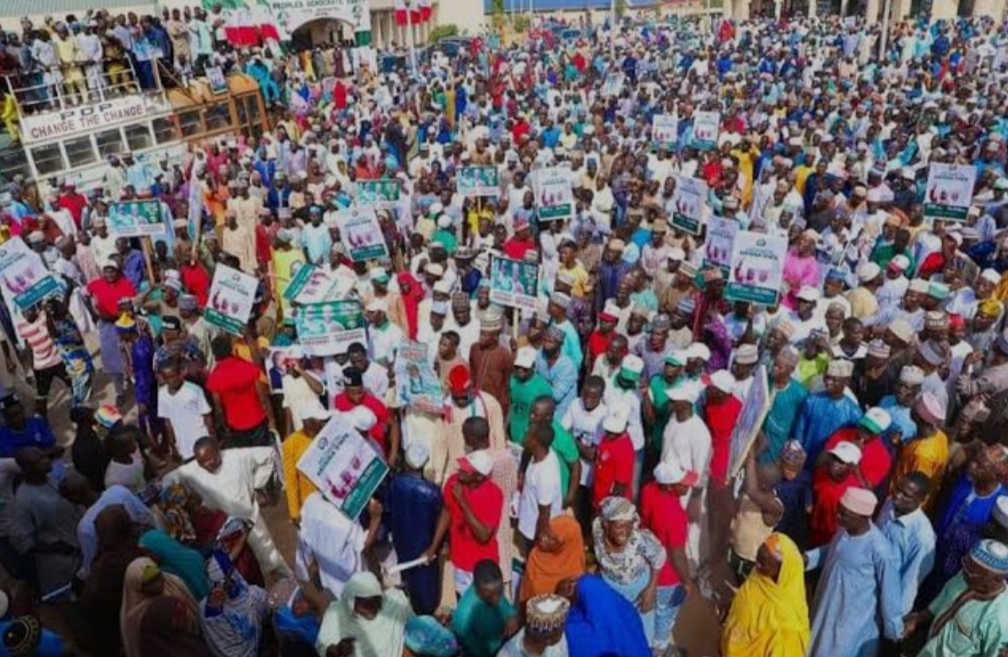
The Way Forward
To reclaim its relevance and effectiveness, the PDP in Cross River State must:
Resolve Internal Conflicts: Mediation and dialogue should be prioritized to reconcile warring factions.
Strengthen Internal Democracy: Transparent processes for candidate selection and party governance will inspire confidence among members and the electorate.
Engage Civil Society: Collaborating with civil society groups can amplify calls for electoral and judicial reforms.
Capitalize on APC’s Failures: The PDP must develop a coherent policy agenda that addresses the economic and social challenges facing Cross River State and Nigeria at large.
In the absence of these measures, the PDP risks further irrelevance, leaving the political landscape without a robust opposition—a scenario that could have dire consequences for democracy in Cross River State and Nigeria.

